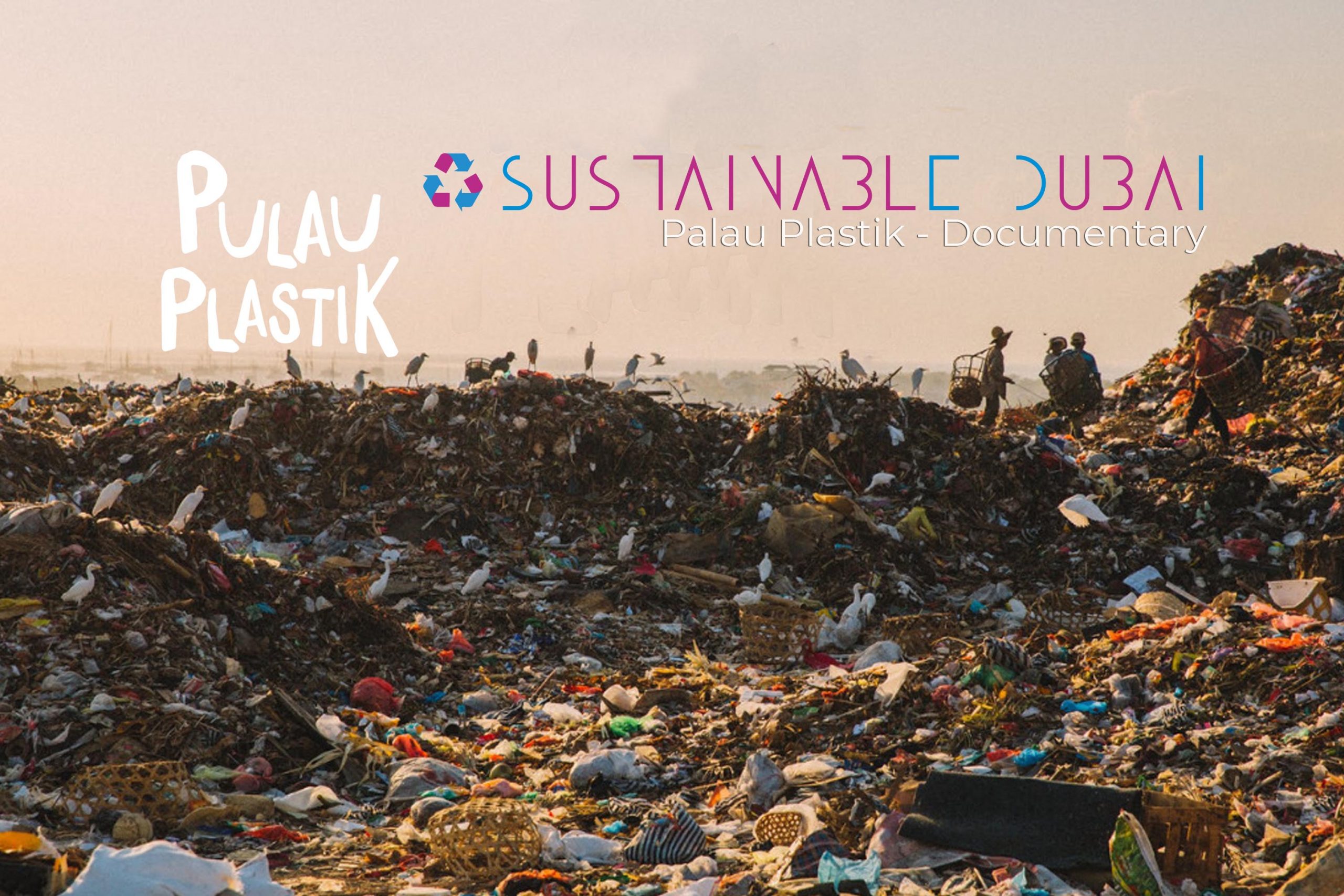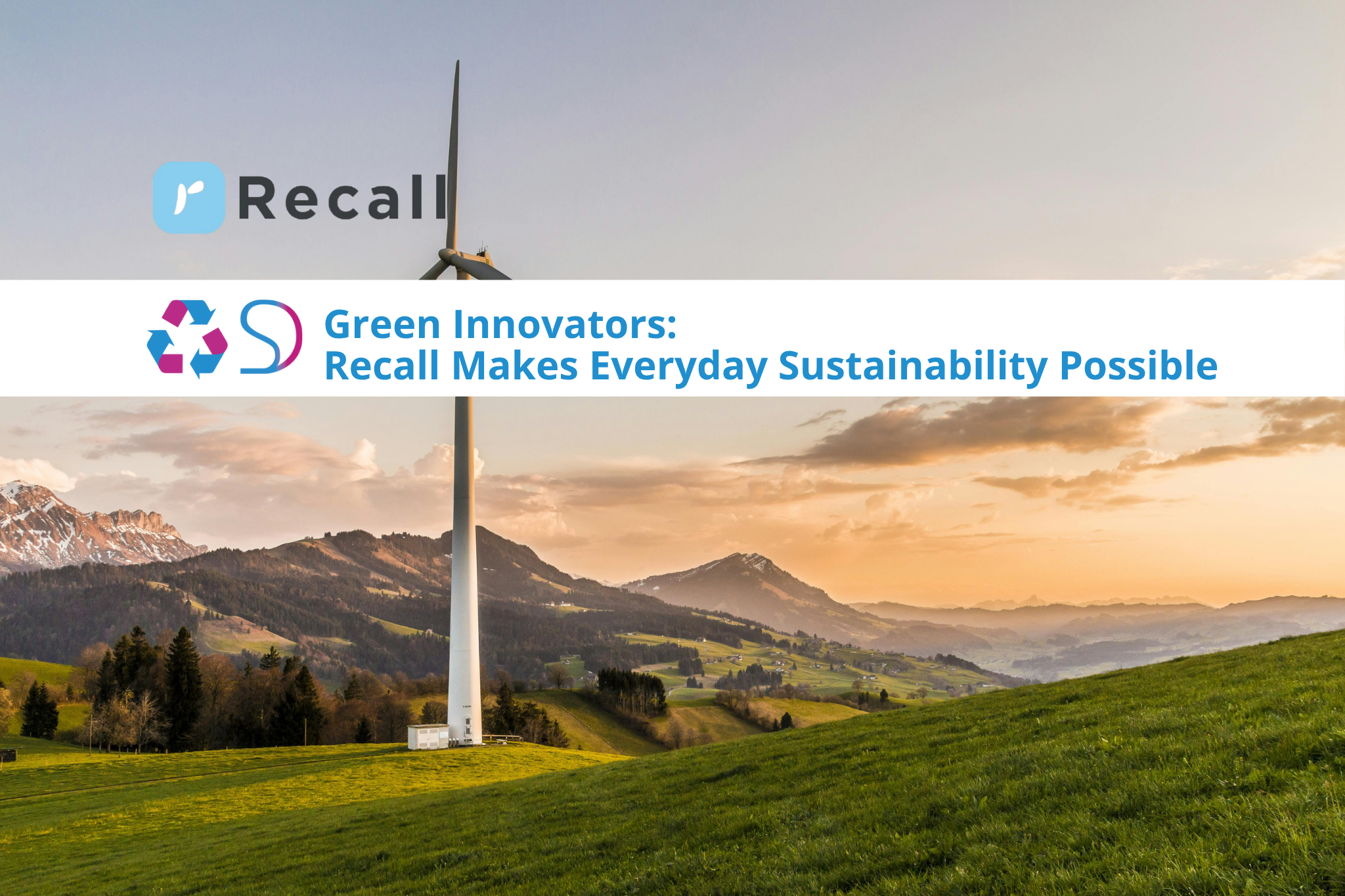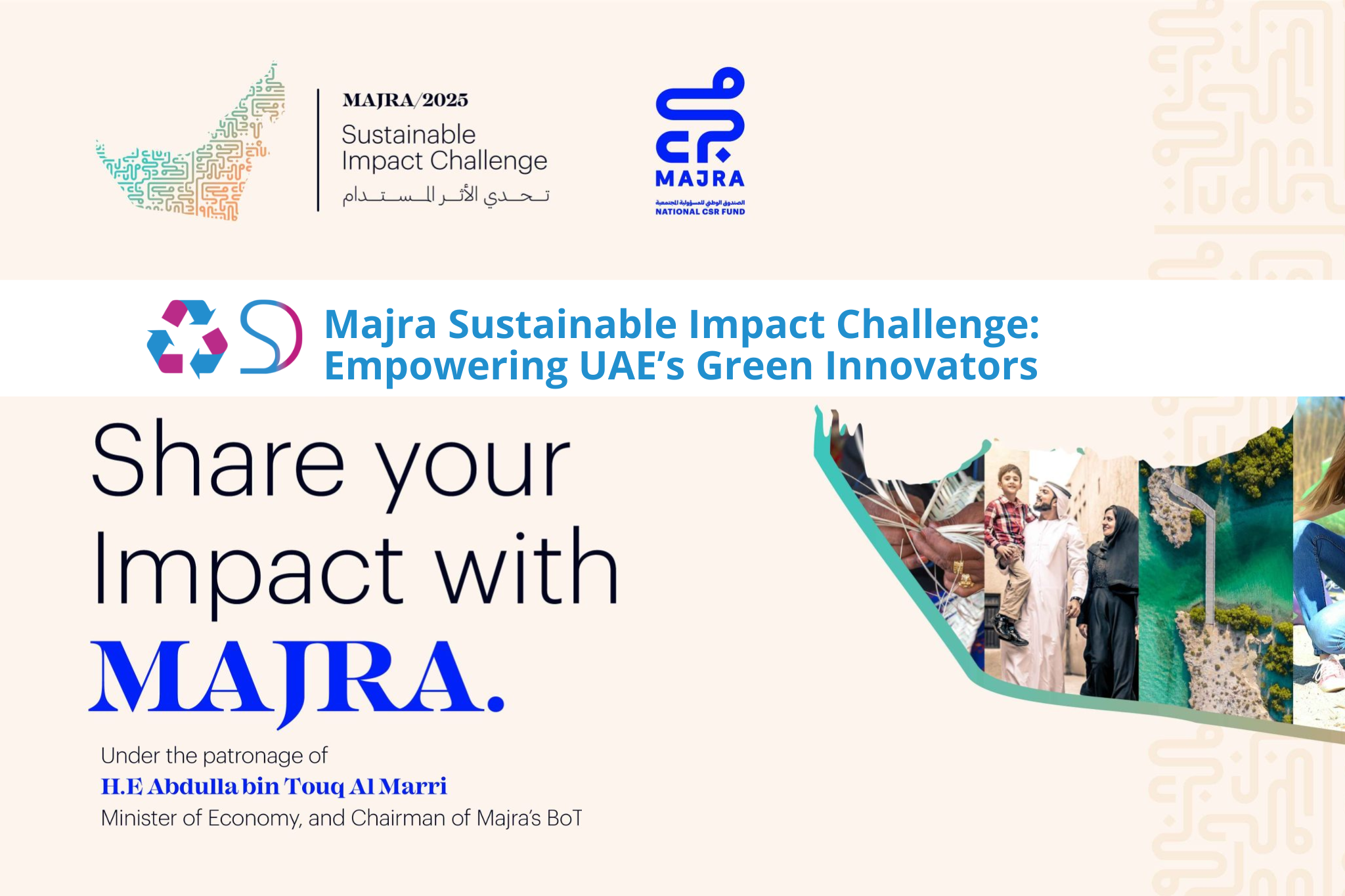A Growing Concern in Indonesia
Indonesia is facing a growing environmental crisis as plastic waste accumulates in its oceans and on its shores. And this problem is the focus of the new documentary film on Netflix, “Plastic Island,” which highlights the extent of the issue and its impact on Indonesia and the world. The film is based on a series of documentaries made by Indonesian filmmakers who traveled the country to raise awareness of the problem and its solutions. According to it, “in Indonesia alone there are more than 93 million plastic straws that are used every day”, along with hundreds of millions of plastic bags. This waste often finds its way into the ocean, breaking down into microplastics and endangering marine life, including fish and other sea creatures that are part of the food chain.
The film features Balinese vocalist Gede Robi, who has made plastic pollution his personal mission. He is joined by Prigi Arisandi, a biologist and river guard from East Java, who protests against the import of waste plastic into Indonesia. The two work together to collect evidence about the extent of plastic pollution and its effects on the environment.
"70% of plastic waste in the ocean comes from land-based sources"
According to recent estimates, 70% of plastic waste in the ocean comes from land-based sources, and plastic packaging from as far back as 1970 has been found in the ocean. This highlights the long-lasting effects of plastic waste and the urgent need for action.
Indonesia throws away 6 tons of plastic every minute, and it is clear that the problem of plastic pollution is not limited to the country. The issue affects the entire world, and it is essential that action is taken to address it.
"One's actions determine the consequences they receive in return, good or bad". Law of Karmaphala
Balinese culture has a belief in the law of Karmaphala, which holds that one’s actions determine the consequences one receive in return, good or bad. In the face of plastic pollution, it is clear that action must be taken to preserve the environment and the future of the planet.
The film “Plastic Island” is a wake-up call to Indonesia and the world about the urgent need to address the problem of plastic pollution. It is time for individuals, communities, and governments to take action and find solutions to reduce the use of single-use plastics and protect the environment for current and future generations.




